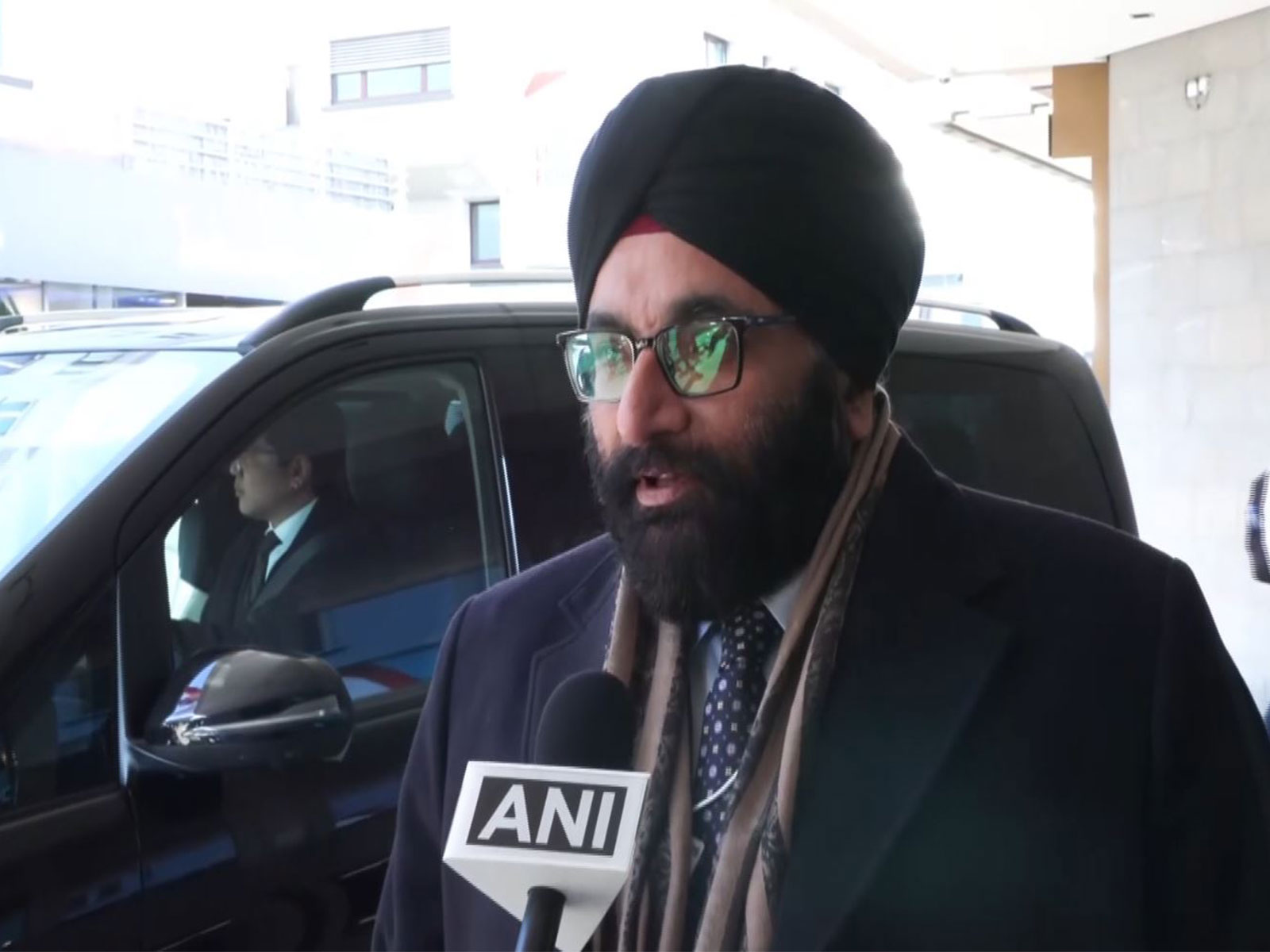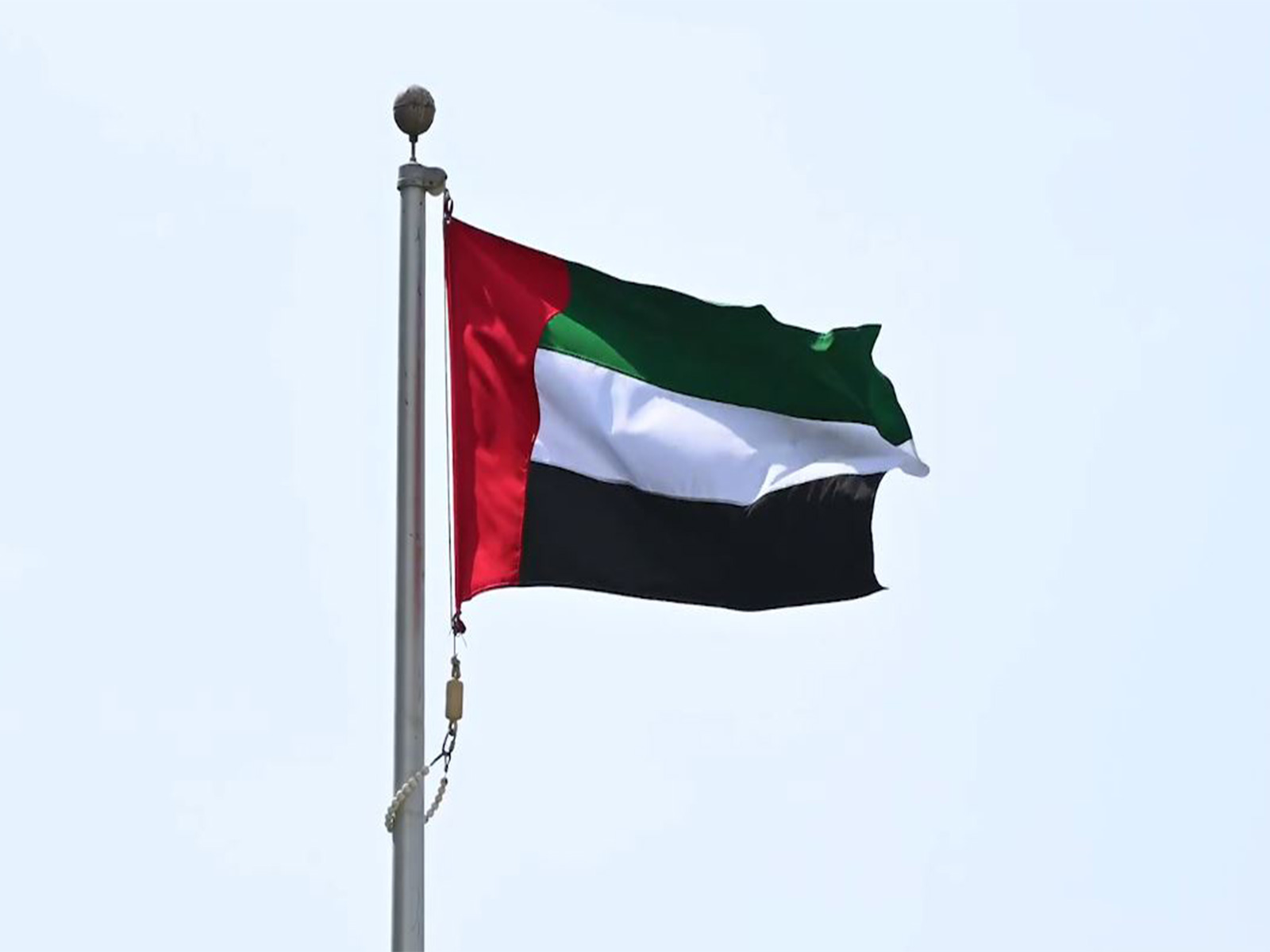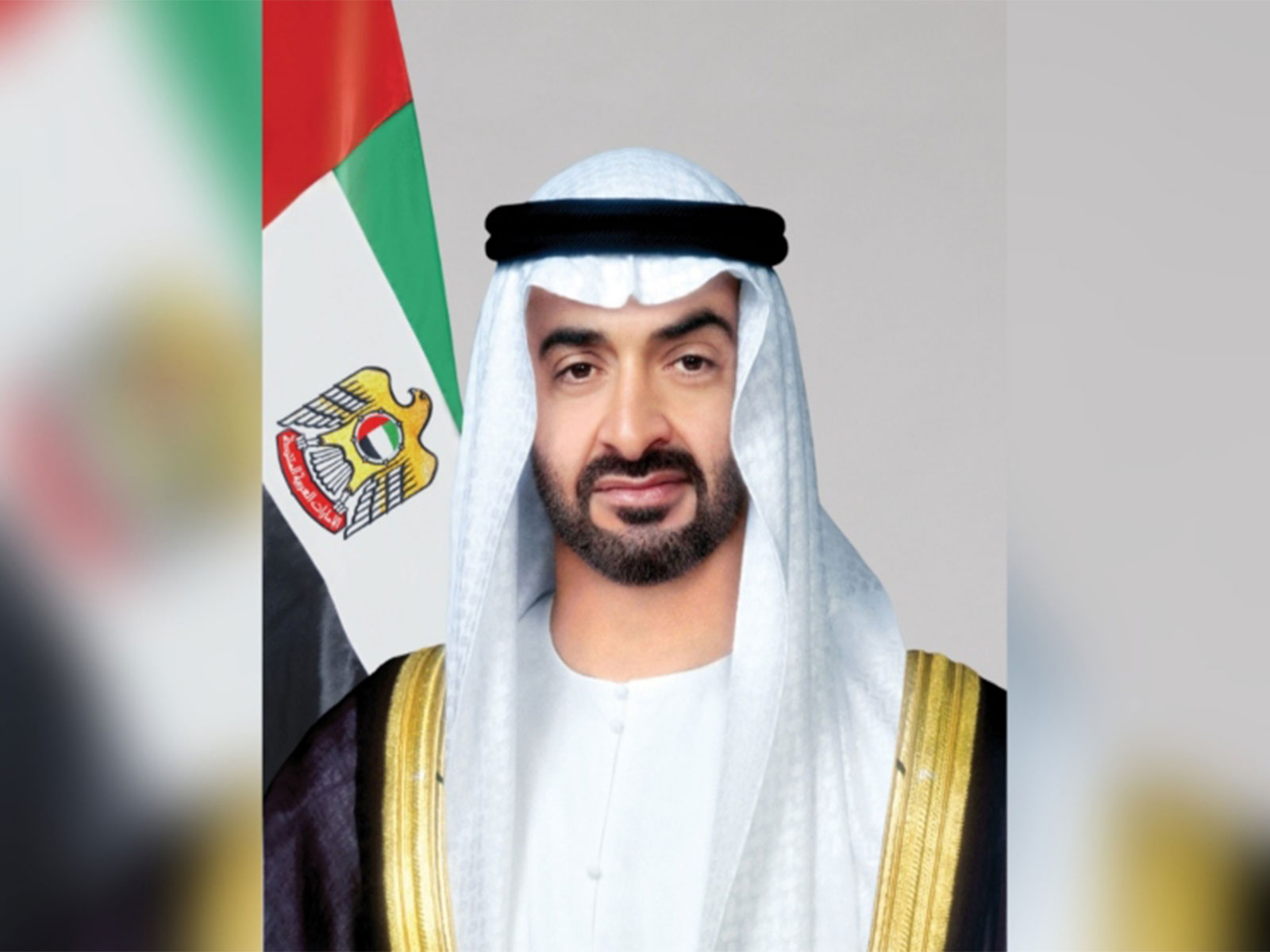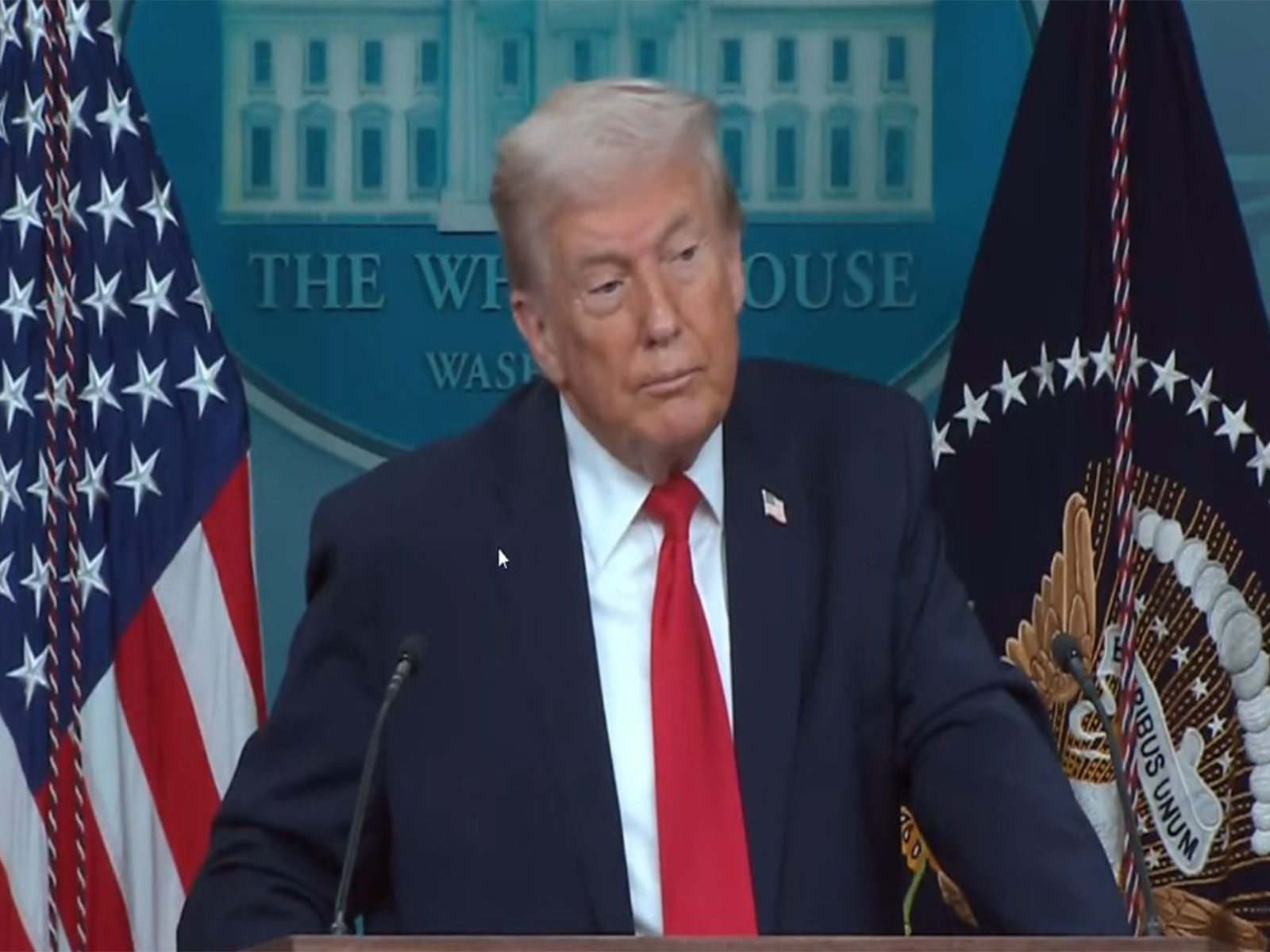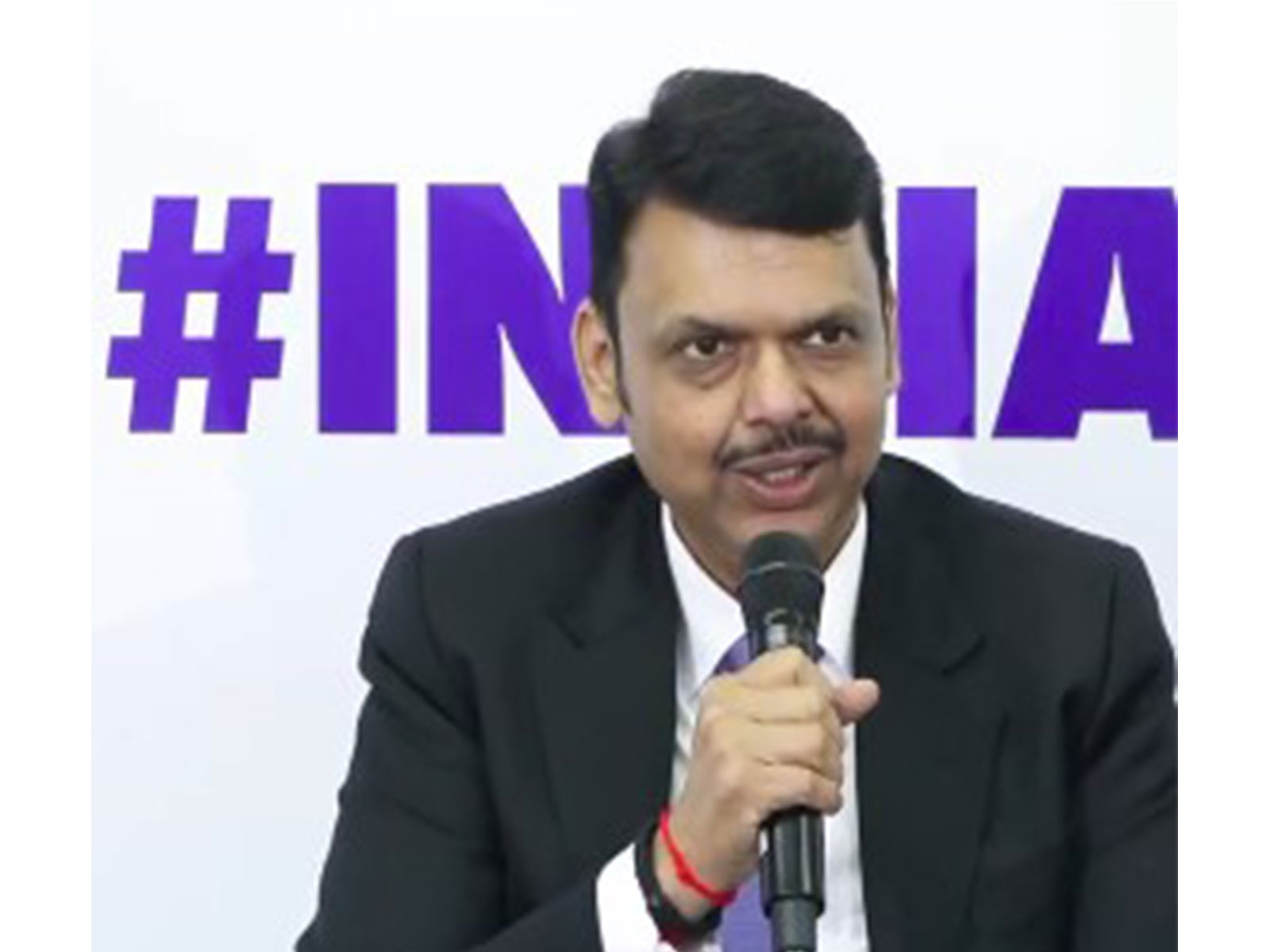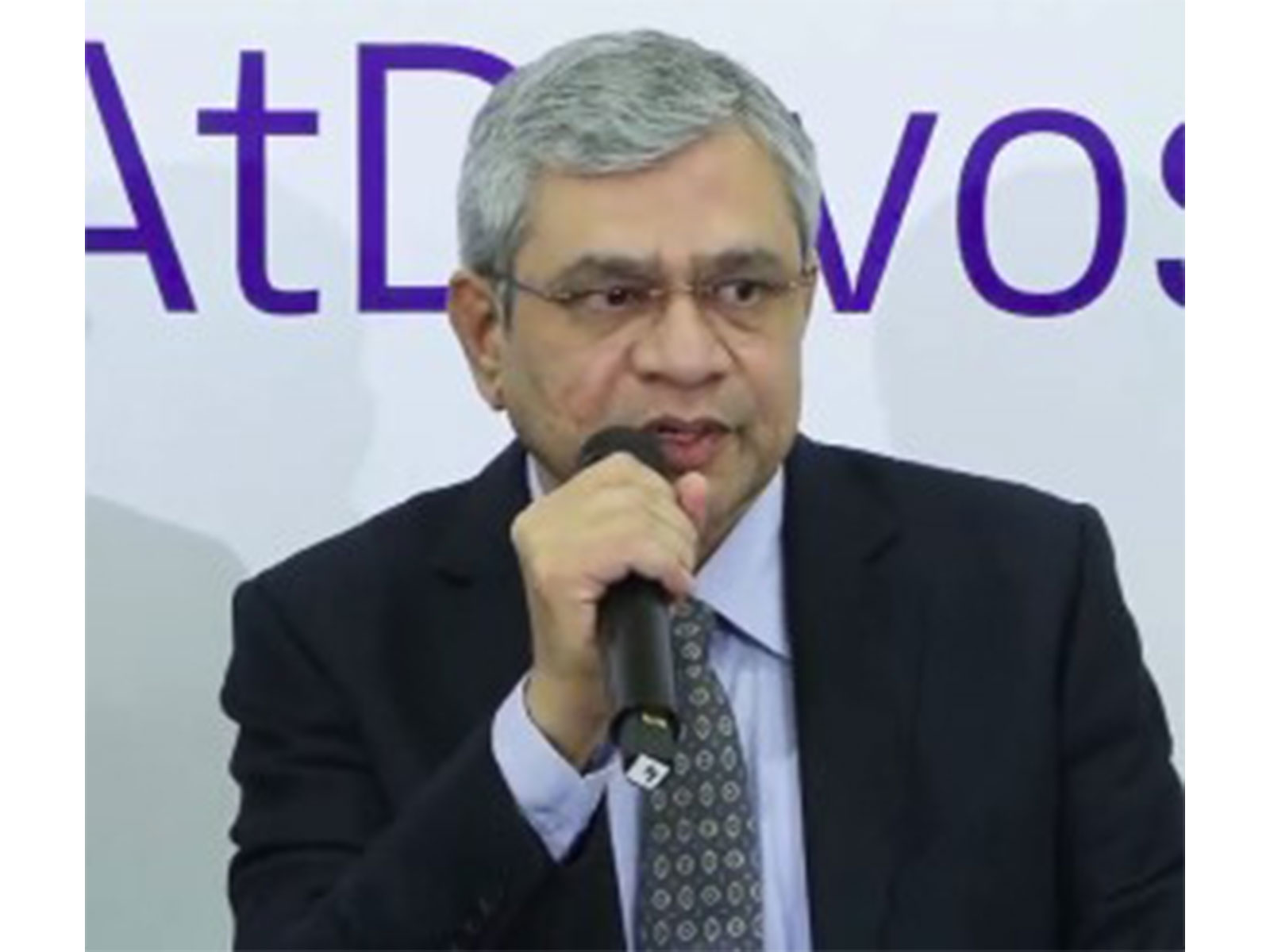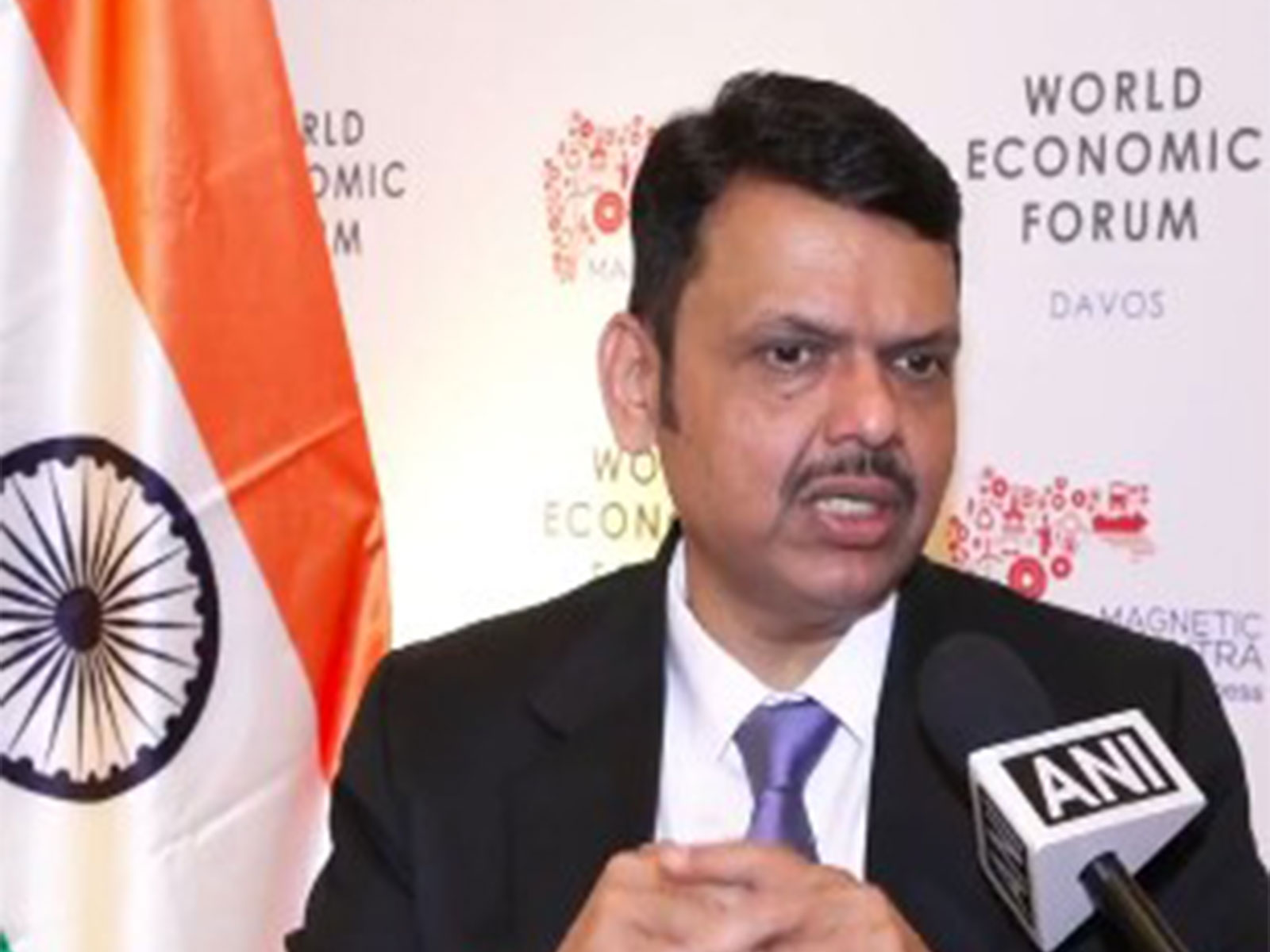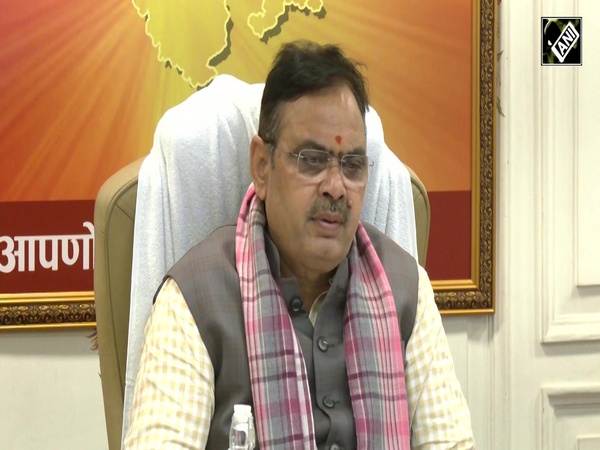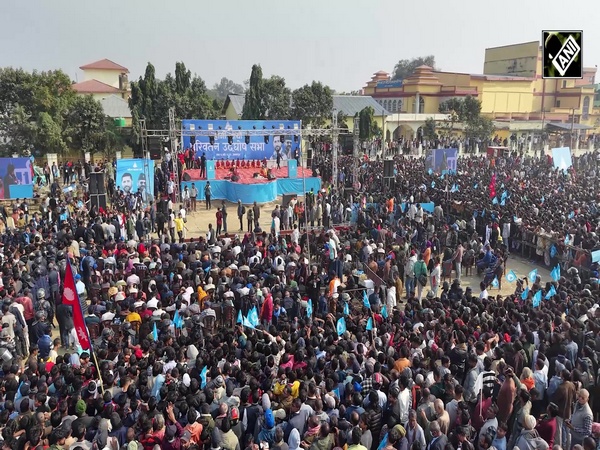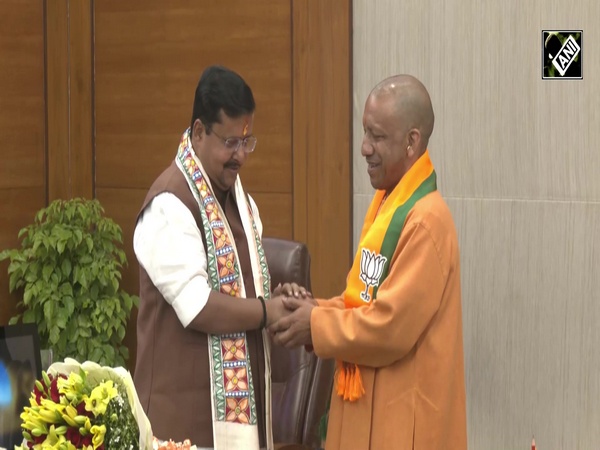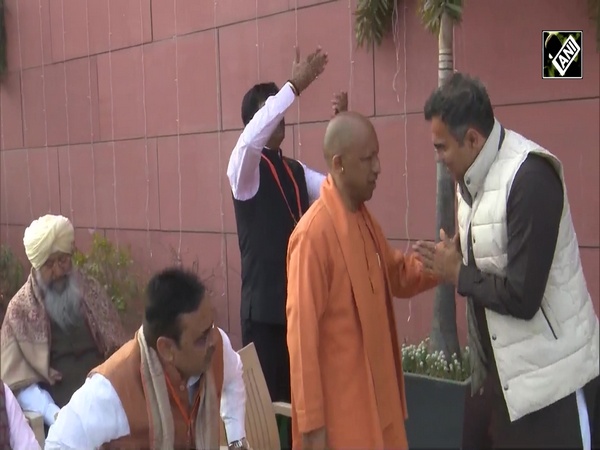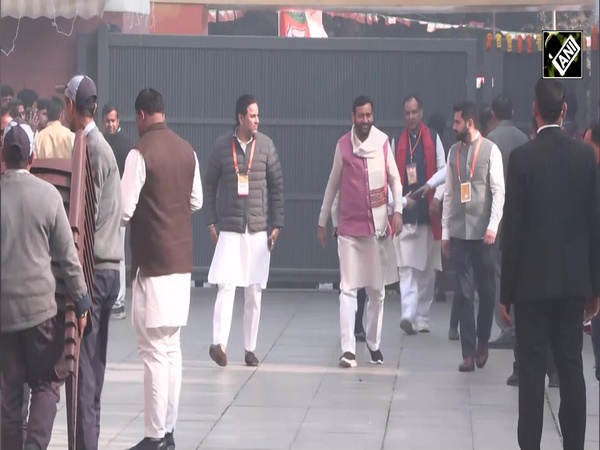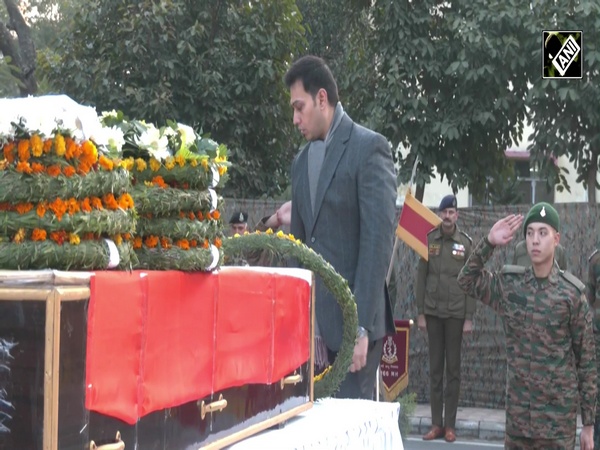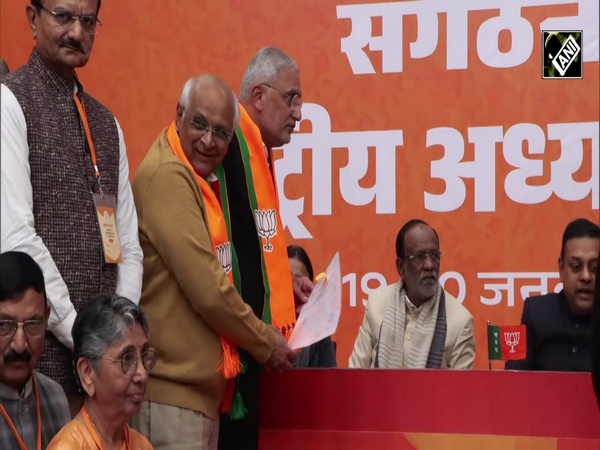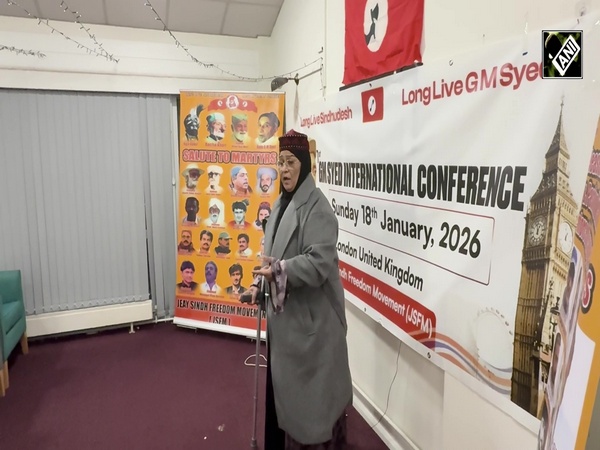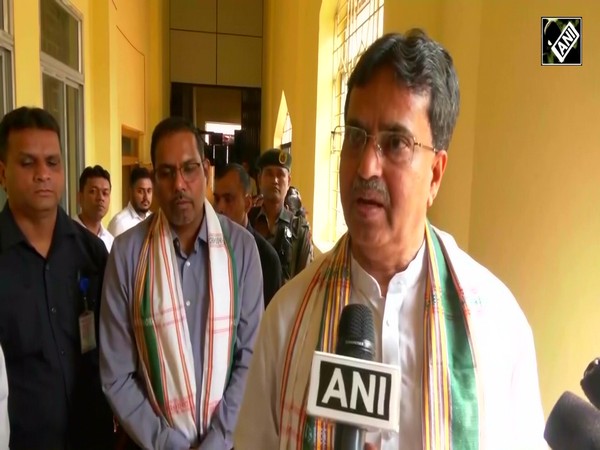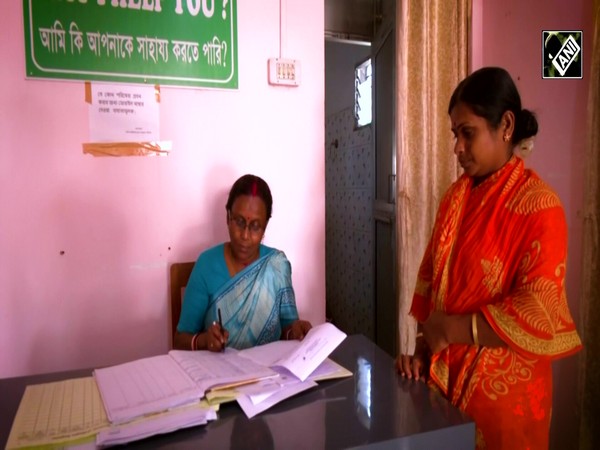Doing whatever it takes to keep lifesaving health services going, say doctors in Kabul
Nov 24, 2021

Kabul [Afghnistan], November 25 : With all the odds stacked against her, the tiny baby in the intensive care ward at Malalay Maternity Hospital in Kabul is still clinging on, struggling for every breath, grasping every extra minute of life.
The baby does not know it, but those caring for her are also struggling on, minute by minute, doing what they can to keep a health system they built - one sophisticated enough to save tiny premature babies like this from collapsing around them.
"See this intravenous fluid we are giving this baby - a tiny baby like this needs an infusion pump to make sure we don't give too much and overwhelm her. We have none," said Dr Atiqullah Halimi the senior paediatrician in charge of the neonatal intensive care unit, as quoted by WHO.
"See the incubator she is lying in. The heater was broken so I took parts from another and made this incubator myself. I am more than a paediatrician these days!"
In the past few months, Dr Saema Sahak, the hospital's clinical director and her colleagues at the Malalay hospital have indeed found themselves doing much more than their usual heavy load of medical and nursing duties.
Equally difficult is getting supplies, parts and maintenance of the specialized equipment this referral hospital uses to treat and save the lives of women with high-risk pregnancies and their babies. "We don't have a biomedical engineer or a maintenance team, so even if we have the right equipment, when it breaks, we have no way to repair it," explained Dr Halimi.
Until recently, a German non-government organization had been providing maintenance services to the hospital but in August, when the Taliban gained control of Kabul and many international aid workers left, that support ceased, according to WHO.
Since August 30, WHO has flown 266 metric tonnes of medical cargo to Afghanistan via 15 flights, enough to cover the urgent health needs of around 2.8 million people attending hospitals and health centres throughout the country.
The statement said that WHO has been supporting maternity hospitals and health facilities providing maternal care across the country for many years and continues to do so.
"In the last 10 years there been a big rise in numbers of women coming for prenatal care and having their babies with skilled midwives attending. There have been strong gains in lives saved, both mothers and infants, in the past 20 years, although the losses of both mothers and babies are still too high. Now the big challenge is to not only hold on to those gains but to keep on improving, saving more lives every year," WHO said.
Malalay hospital is one of 4r maternity hospitals in Kabul but is also a national referral centre for women with rare, high-risk problems and also those suffering from the complications of difficult deliveries. Women with this condition suffer not just physically but mentally and socially, according to WHO.
"Everybody is doing well, they are eating and drinking. But they are not eating the food we would like to give them - safe, healthy hospital food. Their families had to go across the street and buy this food," said surgeon Dr Nazifa as she showed us into the recovery ward to meet the women who had been operated on the day before.
According to WHO, not only does the hospital have no food, no-one from senior staff to the most junior workers have been paid salaries for 3 months. Many of the staff - most of them women - are now the sole breadwinners in their households as many had husbands working in the public sector and lost their jobs after the Taliban took control.
The hospital director Dr Fahima Sekandari is concerned that her staff are finding it more and more difficult to come to work without pay. Some staff left after the change of regime in August - they lost around 10% of staff, including some senior specialists, but most have remained.
After an exhausting morning trying to find ways to keep the hospital going, Dr Fatima said, "If I have one message for the world, it is this: please, we need you to support the women and girls of Afghanistan."
